Area: Advanced Materials
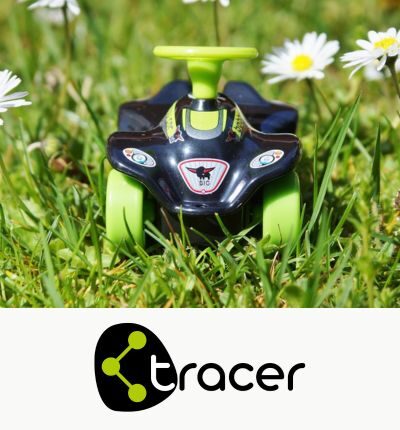
Applicability of the use of chemical markers for the discrimination of black coloured plastics during the recycling of children’s products- TRACER
A research project in which chemicals, called markers, are used in the development of new plastic formulations. Simultaneously, a tailor-made vision system is being developed to detect and read the presence of these markers in the sorting plant and, consequently, to facilitate their sorting for the recycling of black plastics.
View more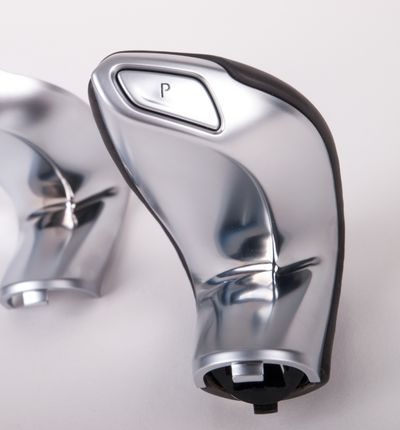
Industrial research of new clean etching solutions free of hazardous waste generation – METNET
A study is carried out to find new technological solutions for coating plastic surfaces with a metallic material, avoiding the use of dangerous chemical substances
View more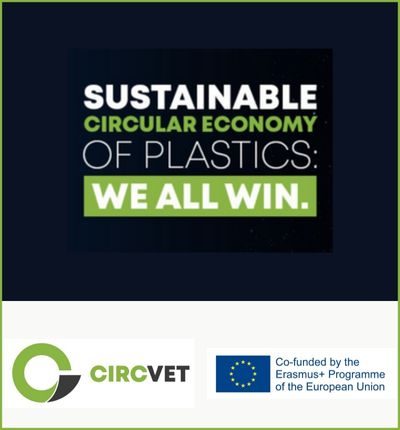
CIRCVET, circular economy practical training materials for plastic manufacturing industries
Plastic economy has been based from its start in linear managing producing overwhelming amounts of waste. This compromises the sustainability of human activities and, therefore, threatens our wellbeing degrading our ecosystems.
Setting circular business models requires increasing and adapting the Knowledge and awareness of the companies, as well as skills boosting of both, former and new entrants to the economic system.
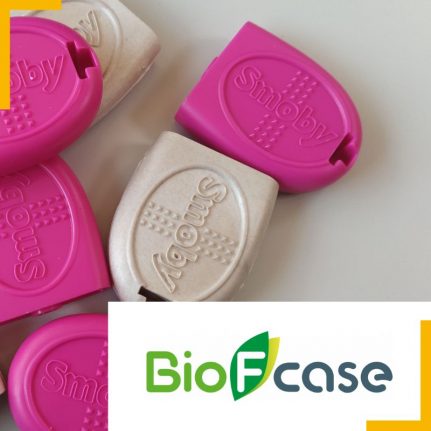
Optimization of functional biomaterials to support the access to the market of more sustainable consumer products in the Valencian Community: toy, childcare, household packaging and commercial furniture sectors – BioFCase II
The implementation of more sustainable feedstock in plastic products manufacturing companies is a current requirement in the European Union (EU) scope.
The manufacturing enterprises, thus, face themselves into a significant challenge, given that the search for more sustainable and functional plastic materials that meet the physical-chemical properties required by the product means to invest a substantial time in non-productive tasks.
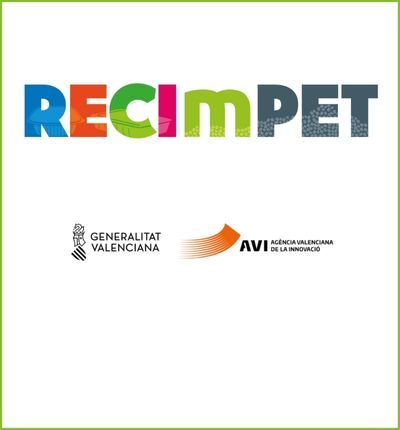
Development of new recycled materials from waste of multilayer pet containers for footwear, toy and construction applications – RECImPET
29.1 million tonnes of plastic waste is being generated within Europe on an annual basis, 17.8 million tonnes of which pertain to packaging. Within the latter, still over 7 million tonnes are incinerated while 3.3 million tonnes are disposed of in landfill sites, thus having an impact on the environment and the sustainability of the planet.
View more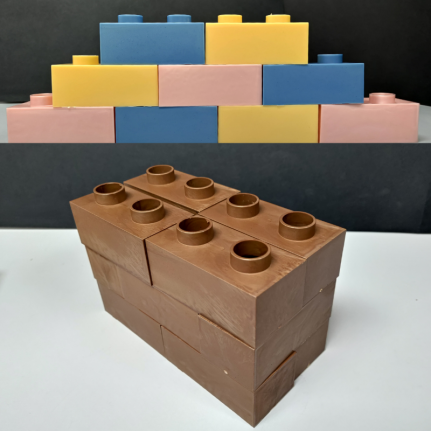
Functional biomaterials as a sustainable alternative to consumer products in the Valencian Community: toy, packaging, and household sectors – BioFcase
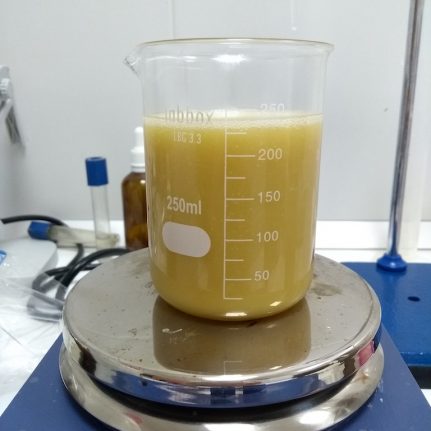
Advanced production of biodiesel from animal waste using supercritical technology – LIFE Superbiodiesel
In Europe more than 17 million tons of animal by-products (SANDACH) are processed, which produces 2.85 million tons of animal fat. Part of this animal fat processed in Europe is just disposed of in rubbish tips or it is incinerated.
View more
Development of a biodegradable film with biopesticidal/repellent properties
Read More... from Development of a biodegradable film with biopesticidal/repellent properties
View more

CAPyALM: Development of polymeric materials that capture and store sun energy for obtaining coatings by injection
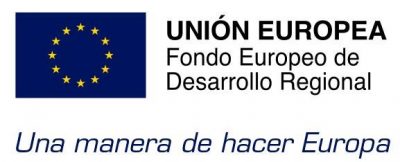


Development of a new range of biodegradable products by injection
Read More... from Development of a new range of biodegradable products by injection
View more